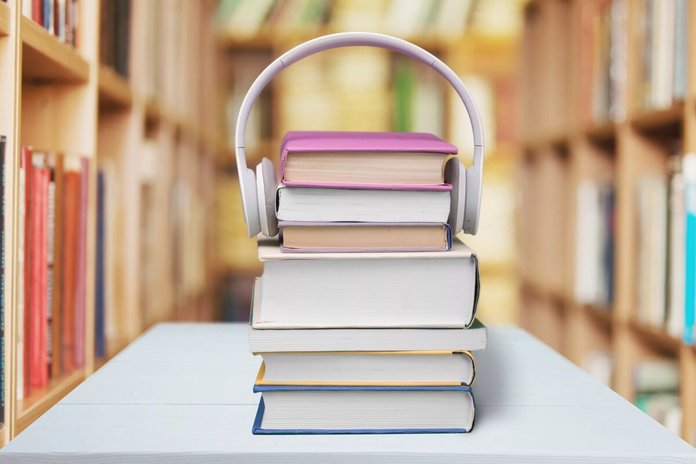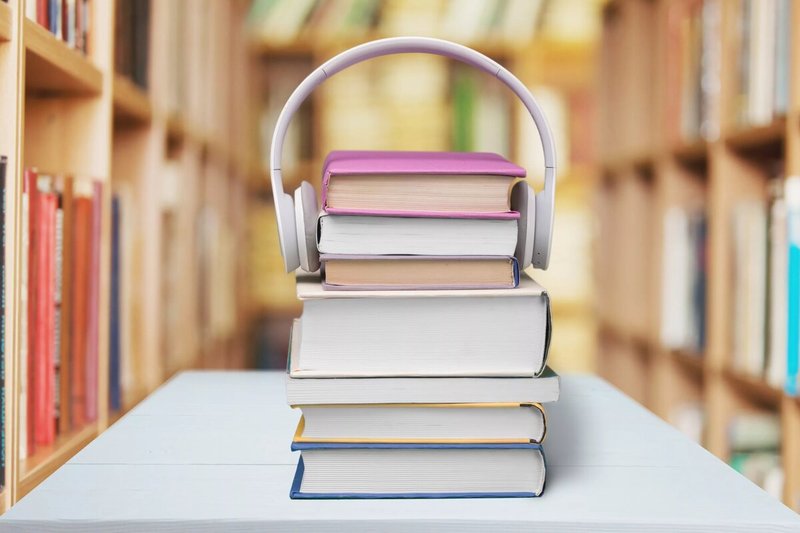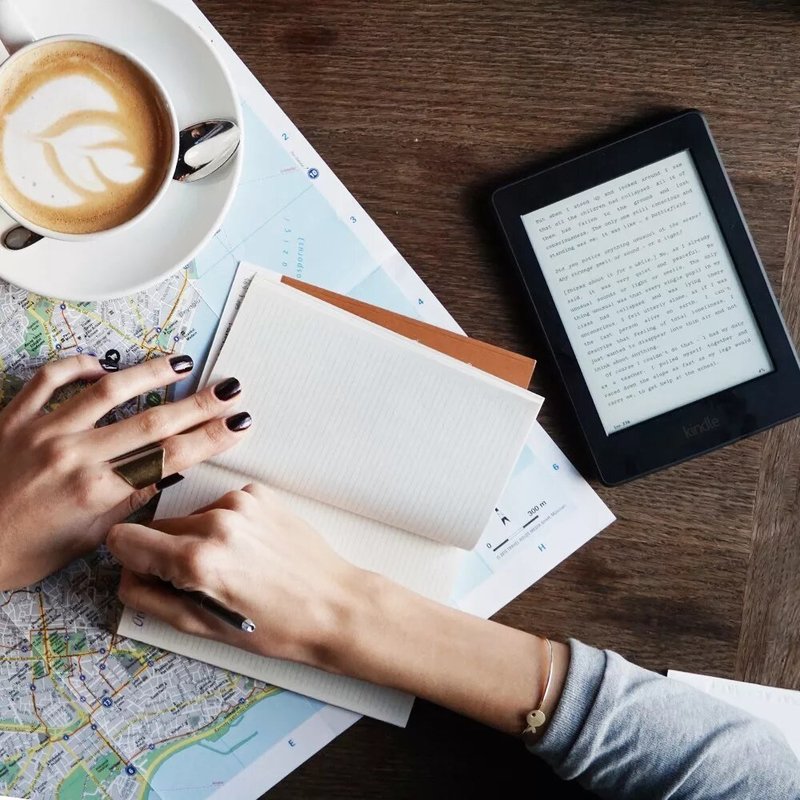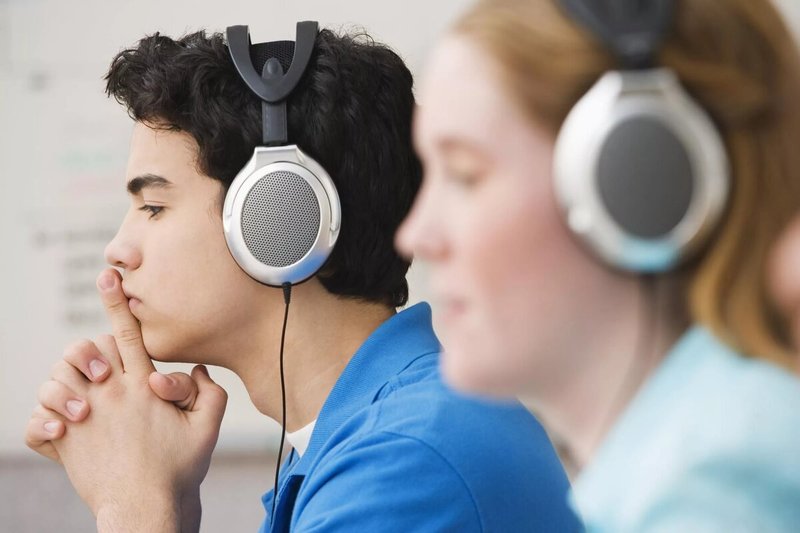
Do I cheat if I say “I read” a book, but in fact I listened to an audio book. Is listening to a book the same as reading? Let's figure it out.

Over the past 5 years, sales of audio books have doubled, while sales of print and e-books have remained the same. These trends may suggest that audiobooks will replace regular reading, just as keyboards have replaced handwriting.
The difference between listening to an audiobook and reading a paper
However, scientists are constantly exploring how we read and how we listen. They claim that each of the methods is used and necessary for different purposes, and none is excellent.
However, there are differences between printing and audio. This is the height, pace and stress of the spoken words. For example, the phrase “What a beautiful evening.” may be a sincere compliment or sarcasm. On a printed page, this difference is not understood. However, experienced readers understand the meaning from the context.

In some cases, listening to an audiobook can help you understand the true meaning of the text. For example, the reader "Romeo and Juliet" on the phrase "Where are you, romeo" mentally put emphasis on the word "Where", believing that she thinks of his whereabouts. But after watching the performance or listening to the correct audiobook, the listener will understand that Juliet focuses on the word "Romeo", reflecting on his name and love for the narrowed, and not about where he is.
How to remember reading and listening information: research results
It sounds as if it’s easier to understand the essence of the book when listening than when reading, but this is not always the case. A study was conducted to compare how well students mastered a science subject from a 22-minute audio lesson and a printed article. The two groups of students were given the same amount of time.
Despite this, after 2 days those reading the lesson scored 81% in assessing the knowledge gained, and listeners audio file - only 59%.

Why did it happen? Please note that the subject was difficult, and the goal is learning, not pleasure (both factors influence the way we read).
When we focus, we slow down. Students could re-read the printed article, stop, reflect on what they read.
It is emphasized that the printed information helps the reader in the process of reading by means of structural division into paragraphs, headings, quotes, etc.
Why audiobooks do not replace printing?
Despite the advantage of printed texts, audio books are becoming more common. As this happens, students gain experience in understanding information and can improve. Publishers, in turn, can and will develop ways to facilitate understanding of the audio format.

Audiobooks will never replace print, because we use them differently and for other purposes.
So, 81% of listeners of audio books say that they like to do other things while listening to books: drive a car, train, wash a car, etc.
But, since the human mind is not intended to be multitasking, we get only the essence of the book, but lose the subtleties.
However, we cannot wash the floor while reading a printed book. Printing helps linger on words and ideas. Audio books help out when there is no time to sit down and concentrate on the book.

To summarize
Thus, you do not deceive if you say that you read the book, but actually listened to it. Simply You will get different experiences. And besides, different books offer different ways of reading.
As the audio format is becoming increasingly popular, authors write works specifically designed for listening.
We will gain rich experience from reading and listening to books, if we understand the differences between these two formats. It is not a matter of which one is better to replace, but how to use both formats in our personal interests, and hear what the authors want to tell us.
And how do you like to read: listen to an audiobook or hold a paper book in your hands? We will discuss.



























